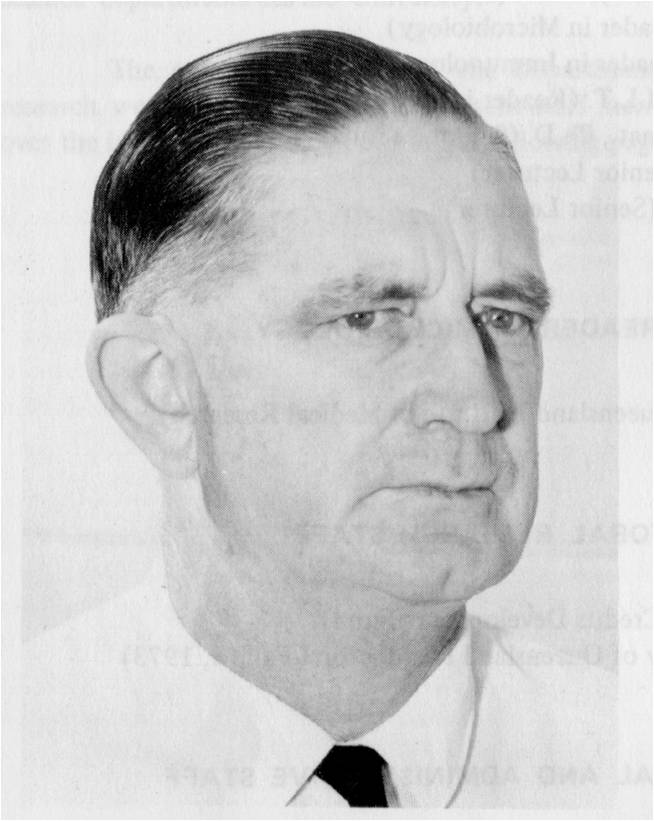Abstract: Mycology has long been considered something of a niche area in microbiology. For a long time, fungi were considered to be lower plant forms and studied as a branch of botany. But a growing awareness of their potential for both good and evil has seen an increased interest in all things fungal in recent times. We now know that fungi are much closer relatives of animals than they are of plants, that they are major players in the global carbon cycle, and that they could be key to reducing climate change and pollution. On the flip side, fungi can destroy crops and wildlife, and with the rise in immunocompromised hosts fungi have become increasingly important as agents of human disease and death.
But while we should all take fungi seriously, working with them can also be fun. Unlike most micro-organisms, fungi can be interesting to look at even when microscopic. In this lecture I will take you through an exploration of the shape-shifting potential of Cryptococcus, a yeast pathogen that has the capacity to cause disease in animals that range from worms and lizards to koalas and humans. Cryptococcus is normally a rather boring looking spherical yeast, but under the conditions found in a mammalian host it can shape shift to become very small, very large, or elongated in structure. I will look at two separate studies we have done of this shape-shifting: first, using isolates from human patients, and second, using lineages derived over time from an original type strain. We will see that shape shifting can be associated with different levels of virulence and disease outcomes, suggesting that this capacity for variation may be critical for the ability of Cryptococcus in maintaining disease in the hostile host environment.
Biography: Dee Carter is Professor of Microbiology at the University of Sydney. She has a degree in microbiology and biochemistry from Otago University, New Zealand, and a PhD from Imperial College, London, UK. She undertook postdoctoral fellowships in Montpellier, France, and UC Berkeley, California, USA. In 1995 she joined the faculty of the University of Sydney. Her research has encompassed 1) the population genetics and ecology of medically important fungi, including yeast and mould pathogens; 2) responses of fungi to host and antifungal stress, including the production of variant morphological forms; and 3) the transcriptome and proteome response to antifungal therapy, particularly during synergistic interactions between antifungals and natural products, and the use of these to develop novel antifungal therapies. Her group works on a wide range of pathogenic fungi, including Cryptococcus, Candida, Aspergillus and dermatophytes. In addition to research, Dee teaches microbiology including mycology, epidemiology and molecular biology at Sydney University. She has a particular interest in postgraduate education and has to date mentored 25 PhD students to completion. She became a Fellow of the American Academy of Microbiology in 2016 and received the Distinguished Service Award from the Australian Society for Microbiology in 2020.
About Skerman Lecture

The Skerman Lecture recognises the contribution of Professor Victor Bruce Darlington Skerman in the development of Microbiology at The University of Queensland.
Professor Skerman was Head of the Department of Microbiology from 1962 to 1981, having been appointed Foundation Chair of Microbiology in 1961.
He had broad interests in microbial physiology, ecology and diversity, but is best known and recognised for his international reform of bacterial systematics and nomenclature.
The lecture was not offered in 2020 and 2021 due to the COVID-19 pandemic.
Read more about Professor Skerman on our history page.
